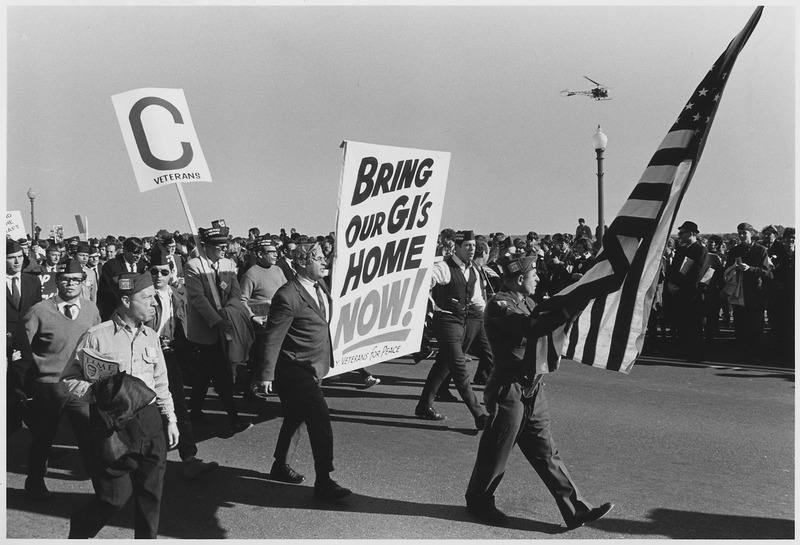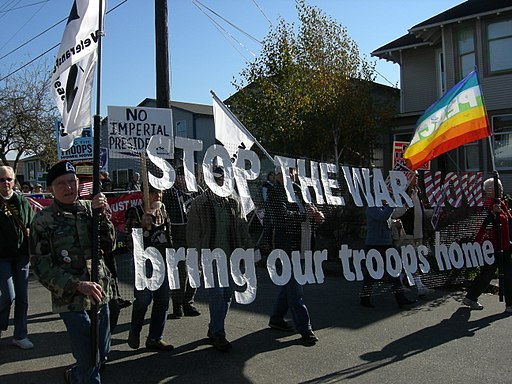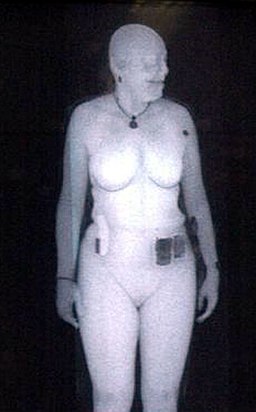Almost lost amid the furor over the current president’s mishandling of a condolence call to the widow of a serviceman killed in action in Niger was the news that the United States has a military presence in that country. Even some Congress members charged with oversight of the military were
surprised at the news that there are as many as 1,000 soldiers in Niger. American soldiers have been in Niger for over a decade, and that really shouldn’t be surprising considering how in the chaotic rush after 9/11 Congress gave the president and the military
carte blanche to conduct operations around the world.
Congress ceded its authority to declare war to the executive branch, but who gave Congress the authority to do that? The Constitution clearly vests Congress with the power to declare war, and there is no exception to the rule, such as states of emergency. But Congress has given up its authority, and it is the citizenry that has let them get away with it. The only reason the executive branch still defers to Congress in some degree over military matters is because Congress retains the power of the purse. That power amounts to a formality, however, since Congress would never seriously consider withholding funding from the Pentagon.
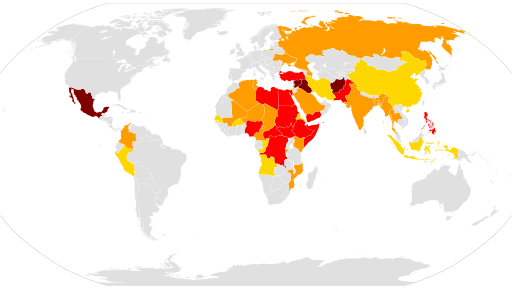
Ongoing conflicts around the world as of 2012. In one way or another, the United States has involved itself in most of these places. Map by Futuretrillionaire.
Burgundy: Major wars, 10,000+ deaths in current or past calendar year.
Red: Wars, 1,000–9,999 deaths in current or past calendar year.
Orange: Minor conflicts, 100-999 deaths in current or past calendar year.
Yellow: Skirmishes, fewer than 100 deaths in current or past calendar year.
What Congress is left with is oversight of military operations by way of the budget. After the recent operation in Niger left four American soldiers dead, it appears Congress, or at least some of its members, have lost sight of even that last shred of responsibility for the worldwide entanglements of the American empire. Since Congress, the branch of government most directly accountable to the people, can’t or won’t control the executive branch’s will to meddle in numerous countries, it is up to the people to take a greater interest in national affairs.
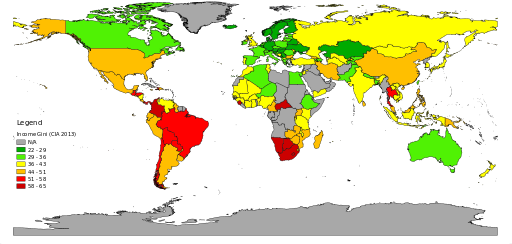
World map of the Gini coefficient of income inequality in 2013. Dark green countries have the least inequality, and dark red countries have the greatest inequality. Map by Araz16.
The idea of representative government was to free up the people to go about their business, while their elected representatives more or less did their bidding in the councils of government. It no longer happens that way since corporate money has completely bought off elected officials. Now the people sign off on electing officials and then neglect their oversight duties. Meanwhile, between elections, the officials do the bidding of their corporate sponsors with little regard for the wishes of their constituents. Amazingly, the constituents as often as not re-elect the officials who are no longer responsive to them.
Why doesn’t Congress do more to rein in America’s overseas adventurism? That’s a question better asked of ourselves. By getting involved in local politics and by instituting some form of mandatory national service for all citizens, people can bring back the democracy part of this democratic republic. Until then, elected representatives have no reason to act on behalf of the people who elected them, because those people show up only for elections, and other than that they don’t want to be bothered and they pay little attention to what’s going on in government. It shouldn’t be surprising then that Congress members neglect the activities of the executive branch as it pursues the duties of empire, because they learned abdication of responsibility from the citizens who elected them.
― Ed. 
